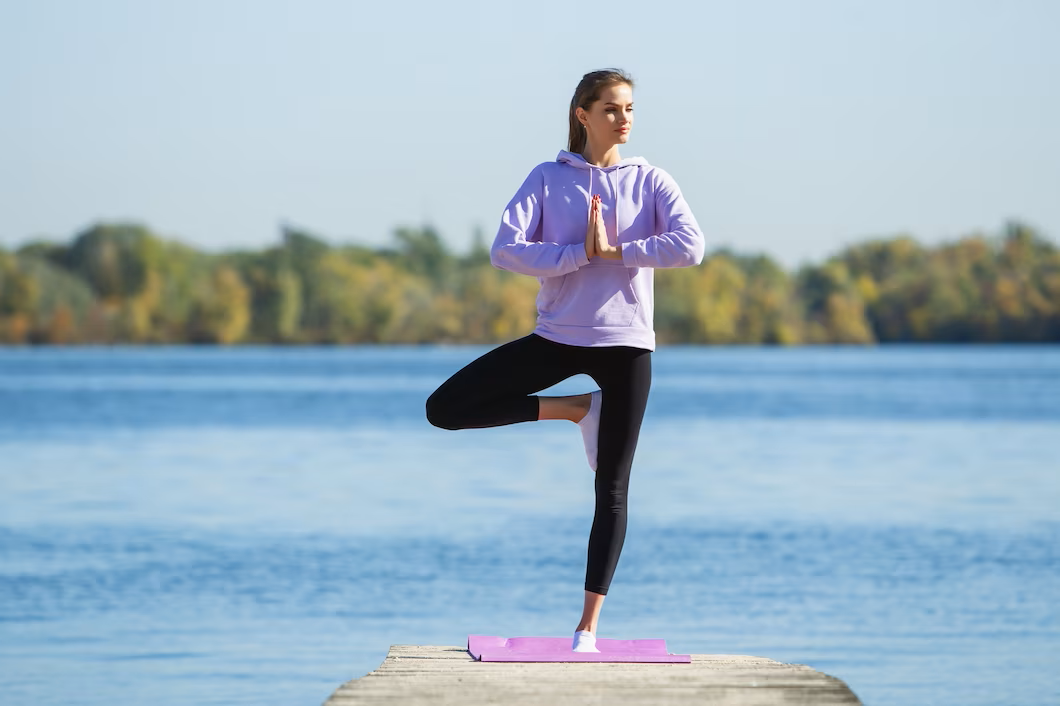Depending on how you define it, fitness might be regarded as a life skill. A life skill is “a skill that is necessary or desirable for full participation in everyday life,” according to Wikipedia. The ability to do a variety of physical activities and tasks, as well as to maintain or improve your health and well-being, is what is meant by fitness in this context. By enhancing your mood, self-worth, confidence, and social relationships, fitness can also improve the quality of your life.
But being fit requires a variety of talents that relate to various facets of physical performance and health, not just one single skill. Fitstream lists the following physical abilities as the top 10 physical skills that contribute to overall fitness or general physical preparation (GPP): stamina, strength, flexibility, power, speed, agility, balance, coordination, and accuracy. Through persistent, diversified training that incorporates high-intensity functional movements, these abilities can be developed. You can become more proficient and adaptive to a variety of physical demands and situations by developing these talents.

Stamina

Strength

Flexibility

Balance

Speed

Agility

Power

Accuracy
Fitness can therefore be seen as a life skill that entails acquiring and maintaining a variety of physical skills that are useful in both your personal and professional life. Along with enabling you to take advantage of the activities and interests you love, fitness may help you manage the chances and problems life throws at you. Your lifespan and quality of life may be impacted by a number of health issues and diseases, which fitness can help you avoid or manage. You can adopt and enjoy a lifestyle of fitness in addition to learning and using it as a skill.
